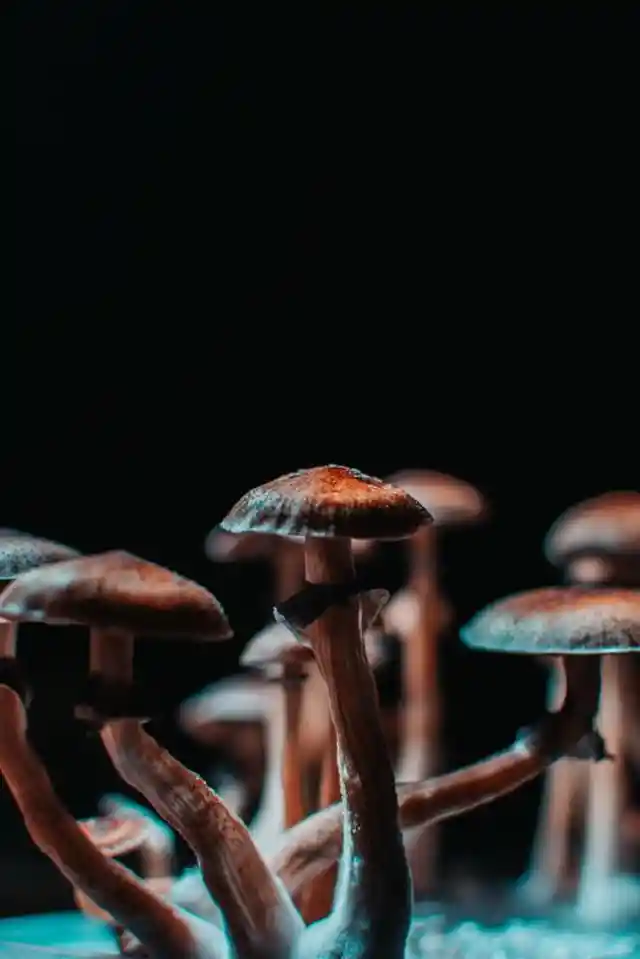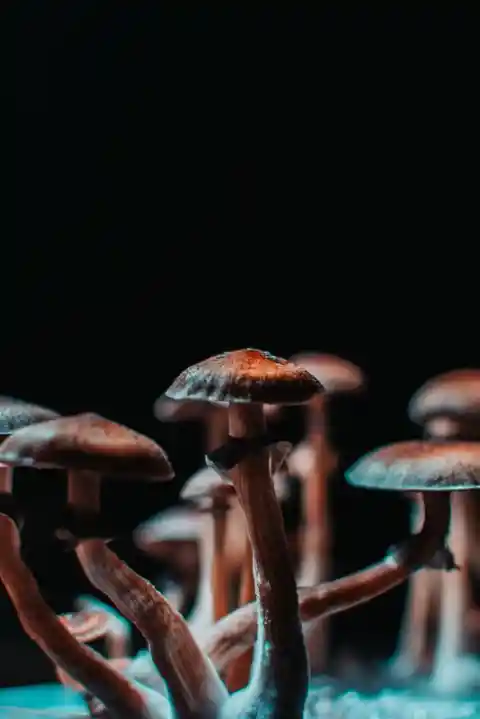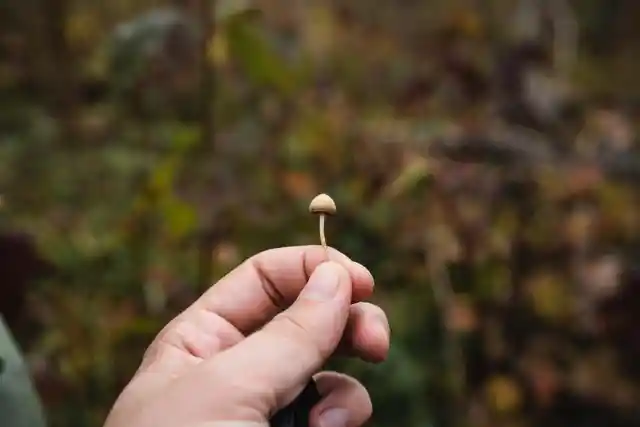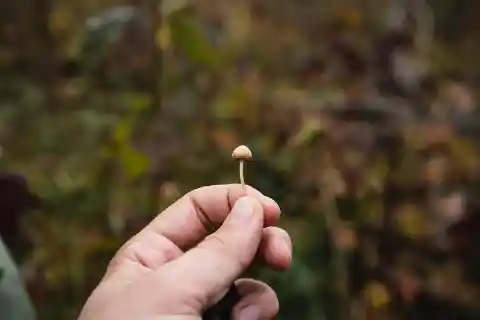For the last decade or so, the ability to open up and talk about mental health and depression has become increasingly common. People today feel far less uncomfortable talking about their feelings and thoughts, negative or otherwise. As such, there has been an increasing number of people being admitted with depression and other related issues. Naturally, this has led to a significant rise in the number of studies and research carried out on the topic itself.


One recent period of research that has gained a lot of traction is the interest placed in the use of Psilocybin in depression treatment. This is a form of a psychedelic compound that is found within ‘magic mushrooms and the like. It can, in the right context, help to open up the mind and help us stop being so transfixed on a one-track thought process. When we are depressed, that single-track thinking is often relentlessly negative.
The research that has gone into looking into Psilocybin has been very intriguing, and the study has found that it could be used as a viable form of treatment. Part of the problem when depressed is that our brain activity becomes limited; Psilocybin, by contrast, forces our brains to open up and move out of that single-track thinking.


Psilocybin showing positive impacts on mental adjustment within studies
According to Prof David Nutt, this could help the brain to break free of negativity in a way that other treatments have not yet managed. Another expert, Prof Robin Carhart-Harris, found similar evidence across a pair of studies that showed people getting better quicker than they would with other medicinal options.
By comparison, other studies have found that traditional antidepressants cannot create the same kind of changes in the brain and thinking. While we are not yet sure how effective this could be in treatment, nor are we saying you should go and pick some magic mushrooms, this is a positive study that could show some very optimistic changes for depression treatment in the years to come.